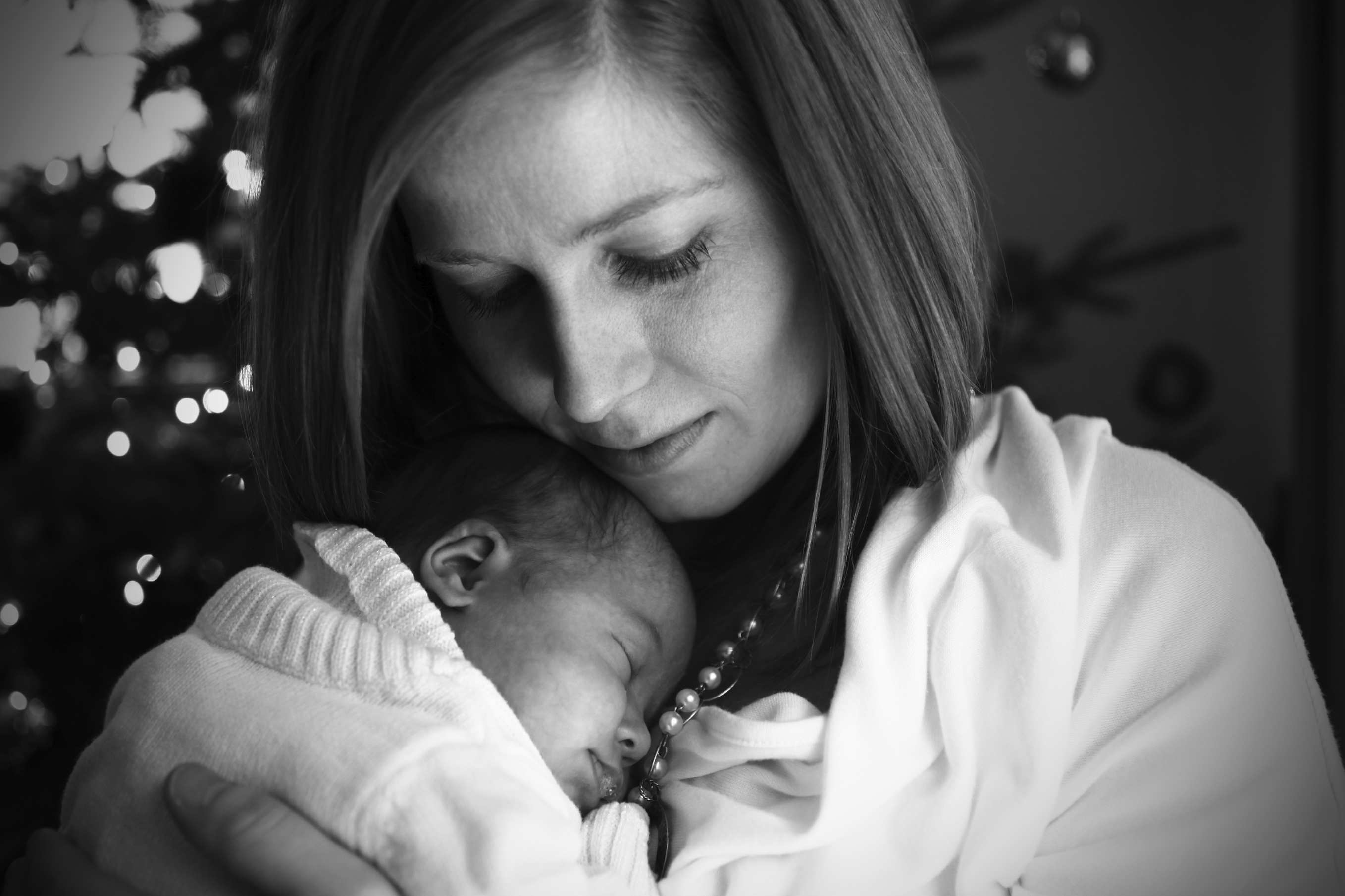By Dr Bronwyn Leigh
When all is going well enough, a few things naturally happen towards the end of your pregnancy. One is that you become more preoccupied with yourself, your body and your baby. It is during this time that your sensitivity becomes heightened. Women tend to become more insular and begin to withdraw from the outside world, preferring to nest at home.
D. W. Winnicott, a renowned paediatrician and parent-infant therapist, suggested this very special time – late pregnancy and into the first few weeks postpartum – was a phase when women entered what he called a ‘primary maternal preoccupation’. He suggested this is a state where the mother identifies closely with her infant so as to intuitively understand and meet her baby’s needs.
This preoccupation is a wonderful way to become sensitively attuned to your body before labour and birth and also prepares you for being tuned in to your baby when he arrives. This allows you to meet his needs promptly and as completely as you can in those early days and weeks of his life on the outside.
But, like many good things, this can be a double-edged sword. Your heightened sensitivity leaves you sensitive to everything, including being vulnerable to criticism from others and from yourself. This can affect your mood.
Being sensitive is a bit like having a thin skin.
During this time then, when your skin is naturally thin and you are sensitive to all things, others act very importantly as a second skin around you and your baby. This includes your partner, if you have one, and also family, friends and the broader community. The idea is that mum holds the baby and dad/partner holds the mother and baby. It’s as though the partner’s skin acts as a second skin around the very sensitive little system of mother-baby and protects them from the outside world that might impinge and upset them. This allows a bit of a cocoon so mum can remain preoccupied with baby.
It is normal to be feeling thin-skinned during this time, and even during the first year postpartum. Do your best to be kind to yourself and protect yourself from judging voices – yours and others.
If you feel you need additional support, we can help. We understand the sensitivities that arise during the perinatal period and we can work with you while you find your way. Contact us or look under Locations to find a perinatal psychologist for you.
About the Author
Dr Bronwyn Leigh is a clinical psychologist, perinatal and infant clinician and early parenting consultant. She is the Director of the Centre for Perinatal Psychology. Bronwyn specialises in the psychological aspects of becoming a parent, the emotional development of infants, and parent-infant relationships.
Contact us Today
Find a psychologist near you that can help you with the complexities of parenting and infant or toddler. You can search by Location and many of our psychologists accept online bookings.
Call us on 1300 852 660 or contact us to make an appointment or enquiry.








